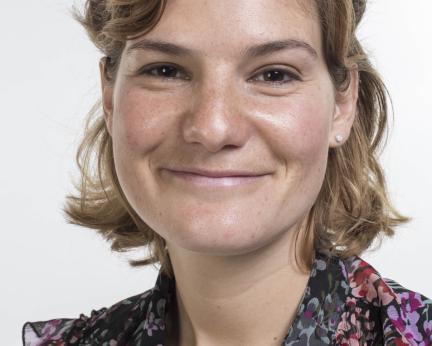I am the lead nurse and Tuberculosis (TB) nurse specialist for the London TB Extended Contact Tracing team (LTBEx). The LTBEx team is multidisciplinary and consists of a consultant in health protection (doctor), health protection specialist (scientist), clinical nurses, an administrator and information officer. My role has both clinical and public health aspects. I lead on, or assist with, all aspects of investigating and managing TB incidents in London. To do this, I work closely with colleagues in Public Health England’s health protection team and NHS TB services.
Once we have been referred a case of infectious TB who attended an institutional setting, for example, a nursery, school, workplace, hostel, we work closely with the managers at the location to carry out a risk assessment to identify people who have had significant and close contact with the person with TB whilst they were infectious. This is known as contact tracing and is one of the cornerstones of TB control. We inform these people and then offer screening in their location, by doing a health assessment and either a mantoux skin test or blood test.
Communication is an important part of my role. We work closely with healthcare professionals and also with people in education, local authorities and the community. When we are arranging screening we also offer TB awareness sessions for students, parents and staff. It is a good opportunity to address some of the stigma and lack of knowledge about TB, both of which can be barriers to people seeking healthcare.
Once the screening has been completed, we collate the results to check we have done everything necessary to protect the public’s health. Those people who require further investigation or follow-up are referred to NHS TB services.
My role involves combining clinical and public health experience relating to TB, so it is essential that I am an experienced TB nurse. I am skilled in caring for those with TB, and I am aware of screening pathways and treatment options. Through being a specialist nurse, I have become used to working on my own initiative and working together with different healthcare professionals.
I have not undergone any formal public health training, but have gained public health experience and skills from working in the national team and LTBEx, being trained by health protection specialists. I plan to complete a public health Master’s qualification soon.





